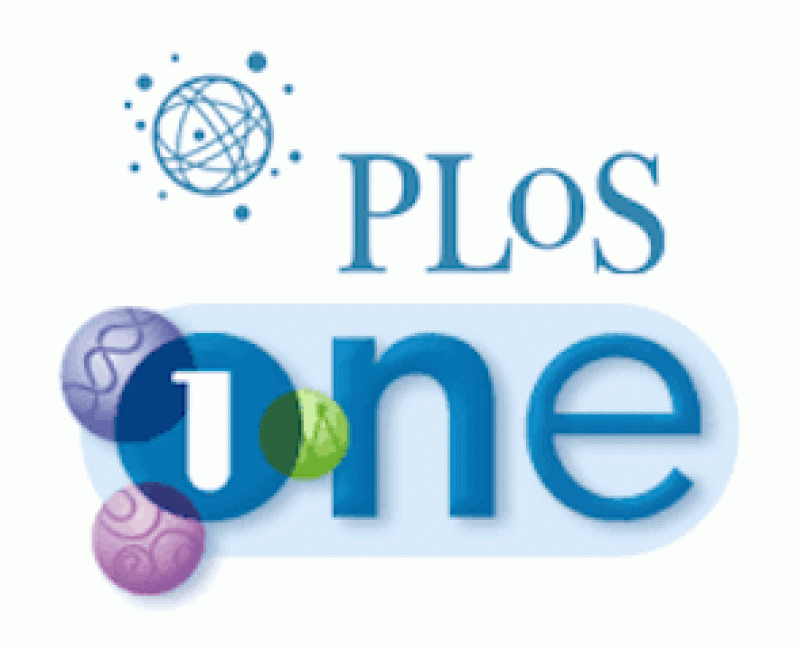The GLP aggregated and excerpted this blog/article to reflect the diversity of news, opinion and analysis.
PLOS One has retracted a paper that links the most commonly used herbicide (glyphosate) to ADHD, after it was “published in error.”
According to the note, the paper was “editorially rejected following peer review and consultation with the Editorial Board,” but ended up going through the production process anyway.
Paper authors Keith Fluegge, a research scientist at the non-profit Institute of Health and Environmental Research Incorporated, and his twin brother Kyle Fluegge, a post-doc at Case Western Reserve University, submitted the paper. MIT researcher Stephanie Seneff was also initially on the paper, but asked to be removed as an author. (The reason, she told us: “I thought that my contribution to the paper was insufficient to warrant authorship.”)
In total, PLoS editors had eight critiques of the paper — including that it was not clear that “people classified as cases of ADHD were ever exposed” to the herbicide, and that, “[e]ven if the authors did establish that herbicide use precedes ADHD increases, there are many other things that likely do, as well.”
Further, they said that Keith Fluegge should have disclosed more information about his current affiliation:
We note that you are affiliated at The Institute of Health and Environmental Research Inc (IHER) which describes its mission as being a “not-for-profit research institute with an interest in genetically modified (GM) organisms, particularly those destined for food”. We feel that this information should have been declared as a competing interest.
The authors have forwarded us that email, including their rebuttal to each point. Here is the six-page PDF of that exchange.
Read full, original post: A mess: PLOS mistakenly publishes rejected ADHD-herbicide paper, retracts it































